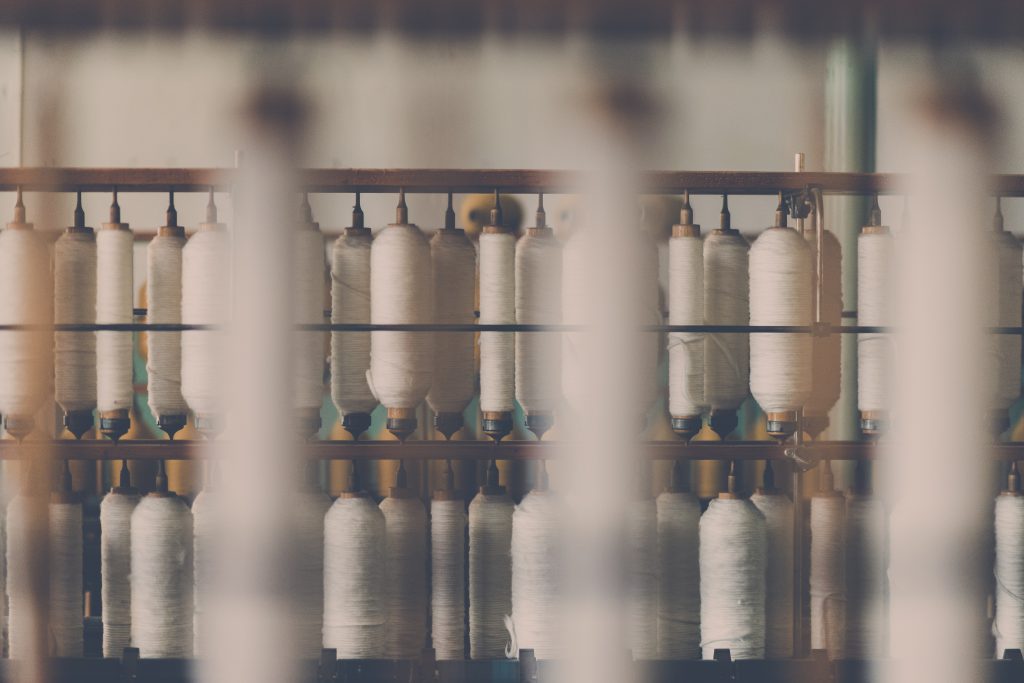On December 2, the United States Department of Homeland Security’s Customs and Border Protection department issued a Withhold Release Order (WRO) on all cotton products made and shipped to the U.S. by the Xinjiang Production and Construction Corps (XPCC). This order came due to advocacy by the international human rights community as well as mounting evidence of forced labor among XPCC product supplier companies and affiliated groups.
The facts are immutable. China is the number one provider of the world’s cotton, with most of it being grown in the Xinjiang Uyghur Autonomous Region. And, ever since 2017, leaked government records, video footage, and victim testimonies have increasingly shed light on the campaign of mass internment and forced labor of Uyghur and other minorities in Xinjiang. A drone video from 2019 showed tens of Uyghur men, with their facial hair shaved, wearing blindfolds, and kneeling on the ground, being ushered into trains by prison guards – Australian and other international experts confirm that these victims were being transported to factories throughout Xinjiang and the broader nation for compulsory labor.
Japanese clothing brands Muji and Uniqlo have advertisements and clothing tags that proudly boast about the materials used in their products. Muji’s website proclaims that its Oxford shirts are “made of organic cotton delicately and wholly handpicked in Xinjiang”, and Uniqlo’s website says that its shirts, as well, are “made from Xinjiang Cotton, famous for its superb quality.” Other well-known brands that are confirmed to be purchasing cotton from suppliers in Xinjiang include H&M, Jeanswest, Ikea, and Dangerfield.
In July 2019, a woman named Gulnur Idreis from the Australian diaspora community of Uyghurs received a phone call from her older sister who informed her that she was transported from a concentration camp to a factory for forced labor and requested that Gulnur share her story. Gulnur’s sister, Dilnur, is forced to work for a textile business called Urumqi Shengshi Huaer Technology Co., which is located in the capital of Xinjiang. Tens of other similar companies in Xinjiang specialize in cotton production and are believed to be employing thousands of Uyghur and other ethnic minorities against their will.
Some companies, such as Cotton On and Target, have already committed to investigating the sources of their cotton in order to eliminate all connections with coercive labor in Xinjiang, while others have remained mum about their position on ASIP’s list of concerned companies benefitting from forced labor in Xinjiang.
As more information is being revealed, and as it is a fact that American companies have been complicit in purchasing from Xinjiang companies that are forcibly employing Uyghur workers, the Customs and Border Protection department has taken a concrete position: in addition to any products supplied by XPCC, “any products that are made in whole or in part with or derived from that cotton, such as apparel, garments, and textiles” will be detained upon entry to the United States.
Jubilee Campaign welcomes the Withhold Release Order and encourages that more sanctions and punitive actions be taken in order to eliminate all traces of forced labor in American products and companies.
Photo by 🇸🇮 Janko Ferlič on Unsplash

